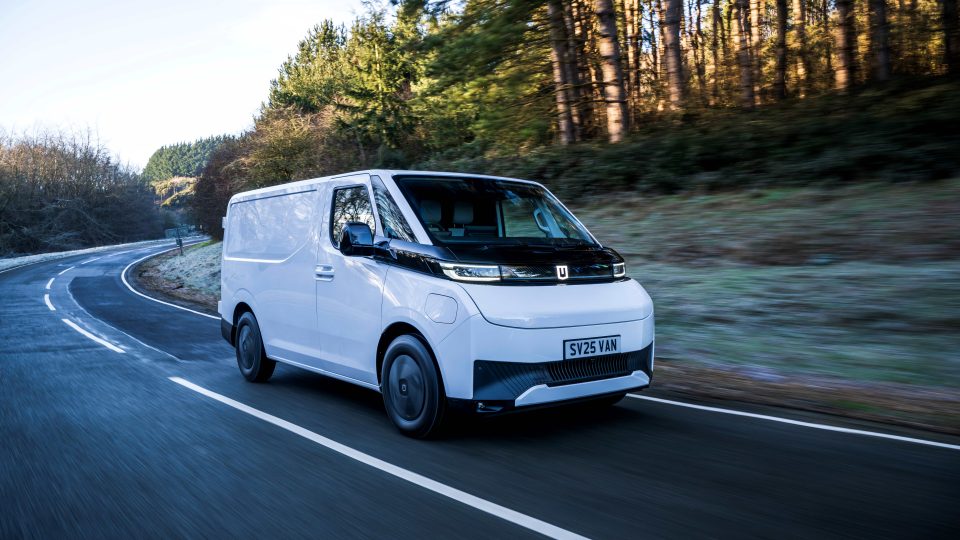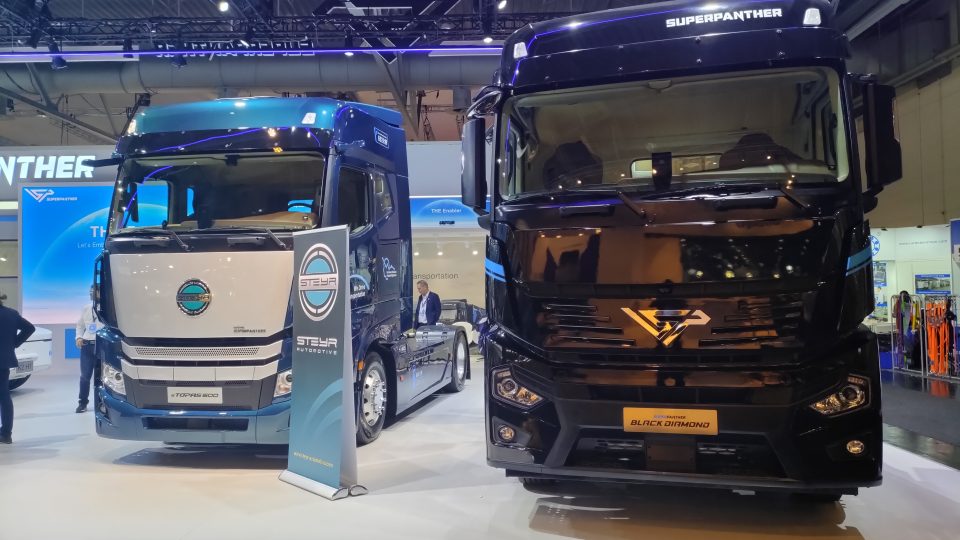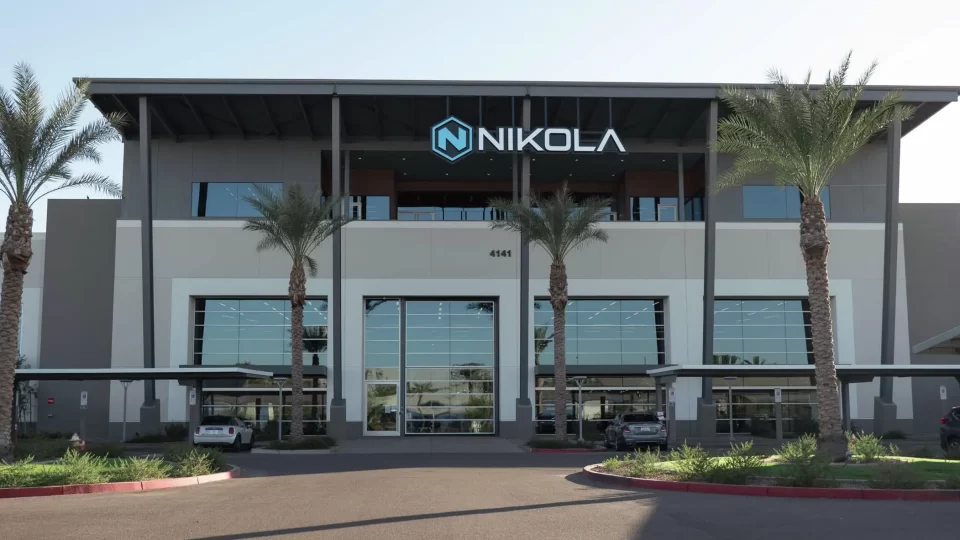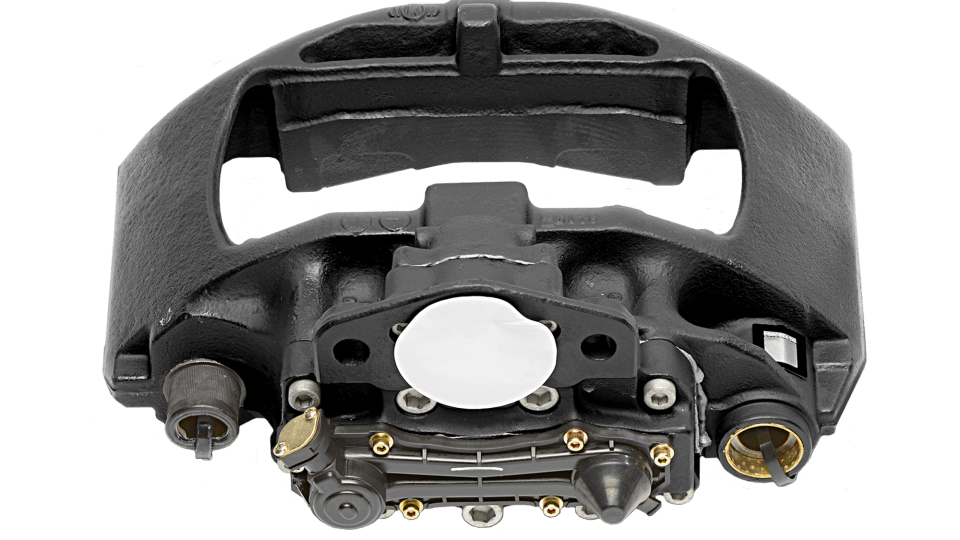Why Daimler Truck investing in Deutz means they’re pushing even harder on electric vehicles
Deutz and Daimler Truck have recently signed agreements giving Deutz access to Daimler engines by end of the decade. On the other hand, Daimler Truck will hold 4.19 percent of the issued capital of Deutz AG.
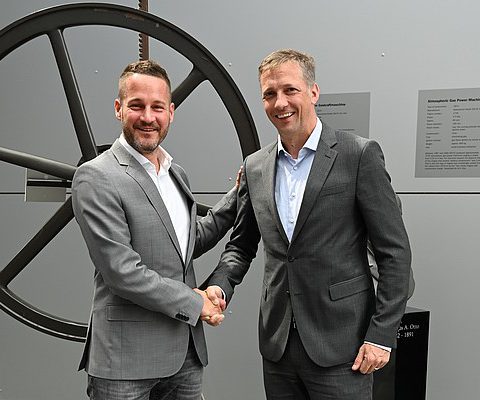
Deutz and Daimler Truck have recently signed agreements giving Deutz access to Daimler engines by end of the decade. As a result, Deutz will be able to attract new customer groups, save on development costs, expand its range of modern internal combustion engines, and thereby lay the foundations for further growth in this business.
On the other hand, Daimler Truck will hold 4.19 percent of the issued capital of Deutz AG. The new Deutz shares will be admitted for trading after entry in the commercial register.
Daimler Truck and Deutz: the cooperation between the two companies
The cooperation between the two companies, which is supported by the stake Daimler Truck takes in Deutz, is focused on two areas:
1. Deutz will acquire the on-highway IP to Daimler Truck’s medium-duty MDEG engines so that it can further develop them itself, including for use in off-highway applications such as agricultural machinery and construction equipment.
2. Deutz will acquire license rights from Daimler Truck so that it can further develop the heavy-duty Daimler Truck HDEP series for use in off-highway applications. It will also distribute these engines independently.
The heavy-duty engines will continue to be built by Daimler Truck at the Mercedes-Benz plant in Mannheim and shipped to Deutz for final assembly, whereas the medium-duty engines will be completely produced at Deutz. The engine variants that will be marketed by Deutz are scheduled to go into production in 2028.
Daimler much more focused on electric powertrain development
Daimler Truck no longer wants to invest in the further development of medium-duty Euro 7 motors in view of its e-mobility ambitions. “In line with our strategic focus on transportation that is carbon-neutral at local level, we announced last year that Daimler Truck would not be investing any more of its own money in the further development of its medium-duty engines for the Euro 7 emissions standard”, commented Andreas Gorbach, member of the Board of Management of Daimler Truck AG and responsible for Truck Technology.
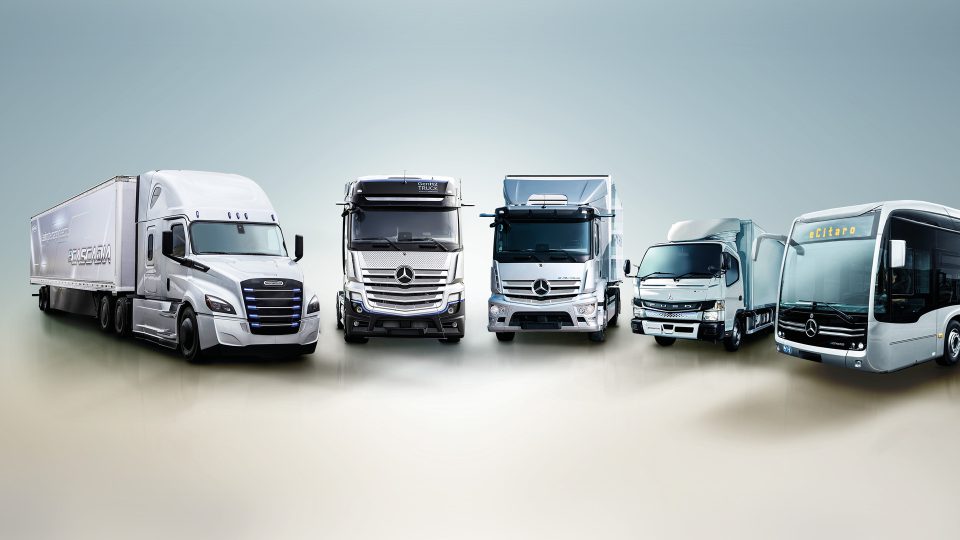
Under its new strategy, Deutz announced in mid-January that, as well as investing in a green product portfolio, it also intends to establish itself permanently among the top three independent engine manufacturers. “The cooperation with Daimler Truck will significantly improve our starting position in a consolidating market as we will gain access to technologically advanced engines and will be able to attract new customer groups at the same time. Heavy-duty applications and agriculture still require conventional powertrain systems based on internal combustion engines, and these can be made more environmentally friendly by running them on synthetic fuels. In the next few years, we will therefore not only enhance our climate-neutral product portfolio but also further expand our classic engine business,” stated Deutz CEO Sebastian C. Schulte.





